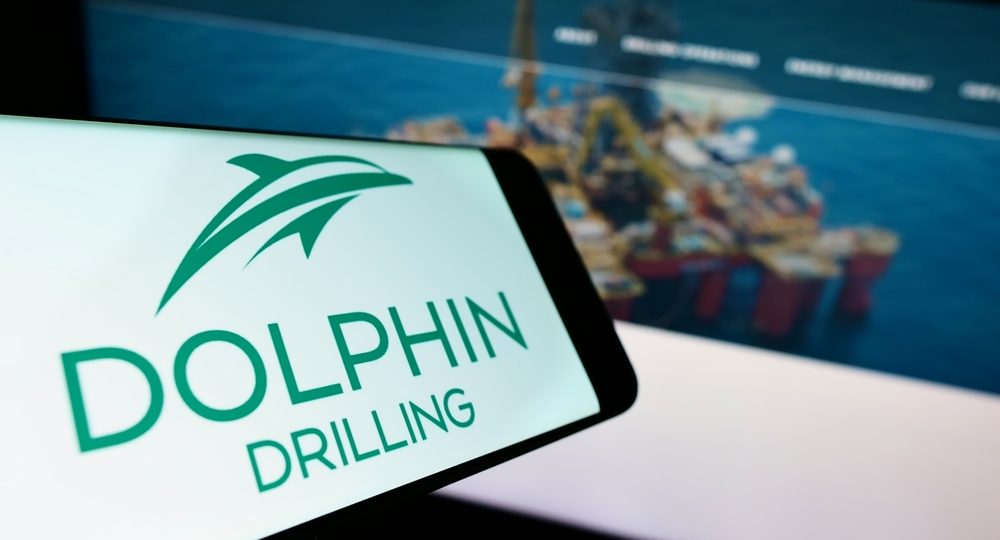On 13 February 2025, the Supreme Court is due to hear the appeal of Dolphin Drilling Limited (“Dolphin”) against the decision of the Court of Appeal limiting its ability to make full deductions for vessel hiring costs when calculating its profits for ring-fenced corporation tax. Although the facts of the case are quite unusual, the decision will be widely anticipated by those in the offshore oil and gas sector. It will also interest others working in areas of tax law much further afield
Anastasia Nourescu considers the rules on the taxation of oil contractor activities, the background to the Supreme Court case and its wider impact.
Taxation of oil contractor activities: a brief refresher
Oil and gas contractors are subject to a special regime of ring-fenced corporation tax under Part 8ZA of the Corporation Tax Act 2010 (“CTA 2010”). “Oil contractor activities” include the provision, operation or use by contractors of a “relevant asset” as part of the offshore exploration or exploitation of oil in the UK territorial sea or the UK Continental Shelf. Under this legislation, the profits from oil contractor activities are ring-fenced, and the amount allowable as a deduction for the payment under a lease of a “relevant asset” is restricted in computing profits for corporation tax purposes.
Section 356LA of CTA 2010 provides that an asset qualifies as a “relevant asset” if it is movable or if it “can be used” to drill for oil or to provide accommodation for offshore workers.
Section 356LA(3) provides an exception to the latter provision: if the asset can be used for accommodating offshore workers, it is deemed to fall outside the definition of a relevant asset “if it is reasonable to suppose that its use to provide accommodation for offshore workers is unlikely to be more than incidental to another use, or other uses, to which the asset is likely to be put”. The word “incidental” is not defined in the legislation for the purposes of this exception, and according to HMRC’s Oil Taxation Manual at OT50010, it “takes its natural meaning”.
Background to the appeal
In the offshore oil sector, a minimum facility platform (“MFP”) is a relatively low-cost alternative to conventional drilling platforms. Although it is the MFP that ultimately performs the drilling process, it cannot do so without essential operational support services known as “tender assisted drilling” services. These services include the supply of materials used in drilling activities, warehousing, storage, workshops, offices, protection to seal the MFP in case of a catastrophic event and living space. They are provided by a separate tender support vessel (“TSV”) moored alongside it throughout the drilling process.
Dolphin chartered a former drilling rig called the Borgsten Dolphin (“Borgsten”). It entered into a series of agreements with Total E&P (UK) Limited (“Total”) governing the Borgsten’s conversion into a TSV and services subsequently to be provided to assist a Total-owned MFP (together referred to as the “Total contract”).
Before its conversion, the Borgsten had accommodation for 102 workers. This was retained during the conversion, although only around half were needed to accommodate the Borgsten’s own workers. Although the MFP had its own accommodation, Total wanted to use the remainder to accommodate workers from the MFP, and Dolphin even agreed to increase the number of berths to 120 as part of the conversion process.
Following an enquiry into Dolphin’s affairs, HMRC issued closure notices amending its corporation tax returns on the basis that the amount of the deduction claimed in respect of amounts paid for the hire of the Borgsten should be restricted. This was on the basis that the Borgsten was a “relevant asset” under section 356LA of CTA 2010. Dolphin appealed to the First-tier Tribunal (“FTT”).
The parties agreed that the Borgsten was movable and capable of accommodating offshore workers but disagreed as to whether the accommodation function was likely to have been more than “incidental” to the primary tender assisted drilling services. The FTT and Upper Tribunal (“UT”) both found in favour of Dolphin and held that providing accommodation for offshore workers was no more than incidental to another use if it was subordinate or secondary to that other use.
HMRC appealed to the Court of Appeal, which issued a decision on 11 January 2024 allowing HMRC’s appeal and overturning the FTT and UT decisions.
Court of Appeal decision
As explained in our previous article, the Court of Appeal focused on the statutory construction of the term “incidental” in the context of the oil contractor activities regime. The court acknowledged the background and purpose of the legislation, which aimed to prevent the practice of moving profits from the UK offshore oil sector outside the UK tax net, although this did not shed much light on the scope of the regime beyond the wording of the legislation.
The case law was also of limited use, so the court looked at the ordinary use of the language. It held that in considering whether the use of the Borgsten as accommodation for offshore workers was incidental to its other uses, it had to decide whether its use as accommodation:
- was an independent end in itself,
- was unconnected with its other uses, or
- was something that arose out of its other uses.
The court found that the use of the Borgsten as accommodation was an independent end in itself. It was not simply something that arose from its use as a TSV supplying tender assisted drilling services to the MFP; it was also used as an accommodation vessel. Even if this was a “secondary” use, it was still a “significant and independent use and not incidental to its other uses”.
The Court of Appeal concluded that it was not reasonable to suppose that using the Borgsten as accommodation was likely to be no more than incidental to its other uses. As a result, the court allowed HMRC’s appeal and held that the Borgsten was a relevant asset subject to the oil contractor activities regime, as the exception in section 356LA(3) did not apply.
Dolphin appealed against the Court of Appeal’s decision. The Supreme Court will consider the appeal in a hearing on 13 February 2025.
Why does it matter?
Although this may appear to be a niche set of circumstances, MFPs are often used as low-cost alternatives to conventional drilling platforms and require tender assisted drilling services, which TSVs provide. Offshore oil operators will, therefore, no doubt eagerly await the Supreme Court’s decision and wish to assess its impact on their operations. The wider importance of this issue is illustrated by the fact that the British Rig Owners Association and the UK Chamber of Shipping have both intervened in the appeal.
The Supreme Court’s view of the meaning of an “incidental” use or purpose will also be of wider interest, as this wording comes up in various contexts in the UK tax code, particularly in anti-avoidance provisions. It remains to be seen whether the Supreme Court will agree with the Court of Appeal’s definition, which brings the wording more closely in line with the “main purpose” test that appears across the tax code.
Get in touch
You can find further information regarding our expertise, experience and team on our Tax Litigation and Resolution page




